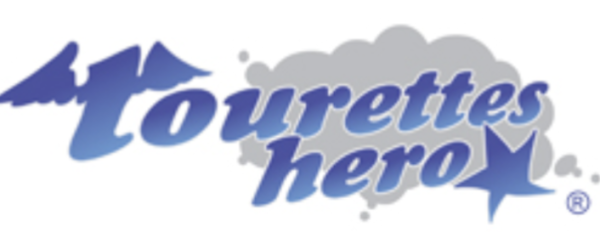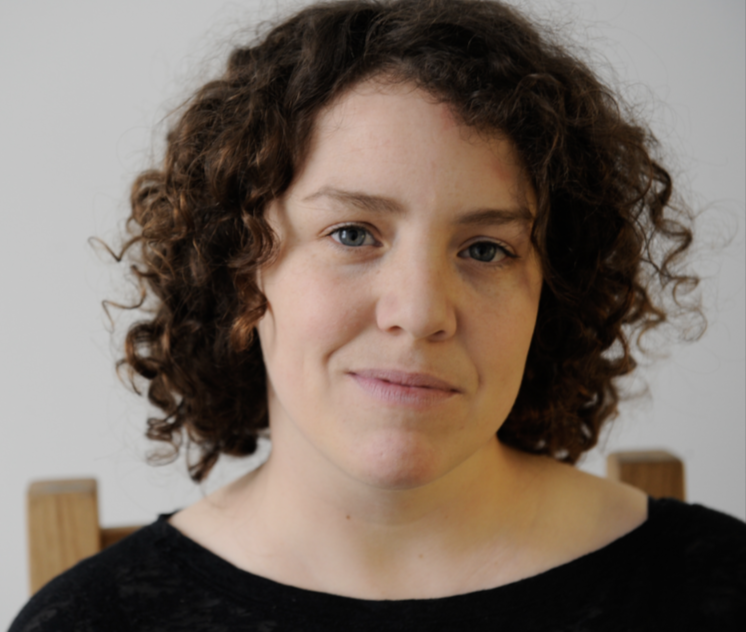For many, receiving a diagnosis of a neurological disorder can be perceived as a life-altering calamity. However, Jess Thom, a British actress and comedian, boldly challenges this universally accepted belief and instead insists it can be a gift, one that has the potential to unlock unexplored dimensions of creativity.
Thom has managed to convert her Tourette’s Syndrome tics, typically seen as a hindrance, into a unique form of expression that people have come to love and appreciate. She recalls, “I started having tics when I was 6 years old, and they intensified in my early twenties.” Initially, these tics were something she felt she needed to suppress due to the difference that was felt in society. These tics came in numerous forms, as they were uncontrollable and frank. Her buddy, Tics, had a talent for sharing the strangest stories, would make her blurt out words that did not belong in the current conversation, or would push her to express emotions through actions, like biting her sister when she was hungry.
Thom, uncomfortable with her tics, felt the constant urge to keep them hidden. This perspective, however, underwent a dramatic shift when she crossed paths with her friend Matthew. He offered her a new way of looking at her condition. “He described Tourettes as a language generating machine, and told me not doing some[thing] creative with it would be wasteful,” she recalls. This unconventional viewpoint was life-changing to Thom and it sparked a creative reform within her.
Considering this novel perspective, Thom established Tourettes Hero. Many lives were saved thanks to this organization’s provision of emotional support to those struggling with Tourette tics. This venture became a platform for her to transform her tics into a powerful tool for creative expression and to inspire others with similar conditions to do the same.

At Tourettes Hero, she explores numerous opportunities to highlight and bring out the influence of Tourettes in her life, which in return affect many others’ lives too. Others with tics found this to be a place where they had freedom and an opportunity to welcome their tics, which emotionally helped them restore their confidence. This journey to self-discovery and acceptance has been a rich tapestry of experiences, including theatre performances that reflect her unique perspective, engaging children’s events designed to educate and entertain, and creative endeavors such as developing books, board games, and TV shows that incorporate her experiences with the condition. Throughout all these ventures, her buddy, Tourettes, has been a constant source of new insights.
The first project she started was a unique initiative named “Live Talk.” This initiative represented a self-discovery, as she explains that, “instead of ignoring my tics in a conversation, we chose to follow them and let them tell strange and surreal stories.” This marked the first instance where the voice of Tourettes was given freedom through Thom, offering fascinating insights.
Thom has also proven to be a master at preparation for any situation that may arise. They always have a designated room ready for taking a break, as well as a collection of resources ready for use during the collaboration sessions. Tourettes hero’s experience extends beyond the normal, having had the opportunity to work with a diverse group of real/virtual individuals, including “musicians, puppeteers, ventriloquists, children and even AI”. Engaging with professionals from various fields expanded Tourettes hero’s comprehension of creativity. Simply put, this inspired them for their physical events. After spending some time as an online space, Tourettes hero started conducting events in multiple locations, all designed to offer creativity-enriching experiences to everyone.
Above all, Thom holds the belief that everything that may be needed during these collaborative sessions should be readily available and in its rightful place, since nothing is guaranteed to be necessary until the need comes.
Thom found her inspiration in the brave actions of other disabled individuals who chose to celebrate their differences rather than hide them. She firmly believes that people with disabilities should not feel hesitant to ask for what they need. To her, these needs are not burdens or inconveniences, but rather crucial aspects of their identity and individuality.
Thom sees herself as part of a larger movement, a community that is gradually changing societal perceptions through their innovative and creative approach to sharing their experiences. She says, “This definitely feels part of a movement of other disabled, neurodivergent and chronically ill people who are sharing their experiences with others in creative ways.”
Thom says, “I would want other people with Tourettes to know that they are perfect as they are, that whilst tics can bring challenges, our perspective on the world is important and can also lead to opportunities and new ways of being and doing.”

